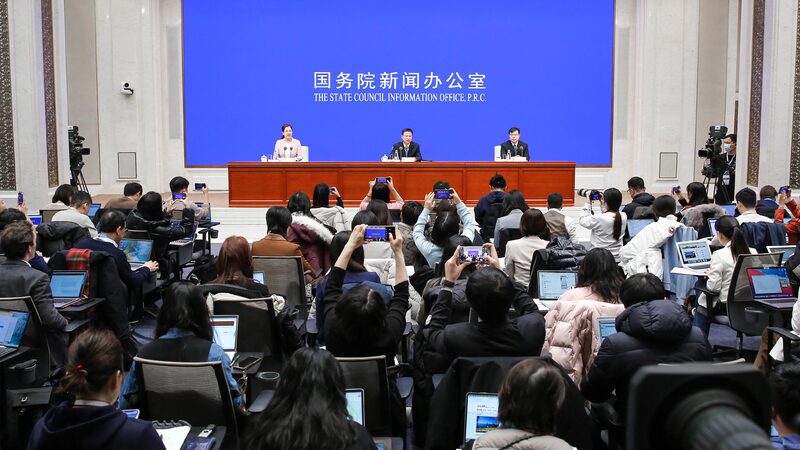As global trade tensions reshape economic priorities, China is charting a bold new course toward domestic-driven growth centered on service sector expansion. The latest signals from Beijing reveal a strategic rebalancing act aimed at future-proofing the world's second-largest economy.
From Factory Floor to Service Economy
The Communist Party of China Central Committee's recent politburo meeting outlined plans to accelerate the nation's transition from export dependency to innovation-led development. This shift comes as geopolitical headwinds and supply chain realignments challenge traditional growth models.
The Dual Circulation Imperative
At the heart of China's strategy lies the 'dual circulation' framework – a push to boost domestic consumption while maintaining global engagement. With household consumption accounting for just 40% of GDP compared to 55-70% in advanced economies, policymakers see untapped potential in services ranging from healthcare to fintech.
Bridging the Services Gap
Recent data highlights China's $768 billion goods surplus alongside a $229 billion services deficit. This imbalance underscores the urgent need to develop high-value service sectors. Analysts predict the 15th Five-Year Plan (2026-2030) will prioritize digital infrastructure and regulatory reforms to support this transformation.
As China prepares for its October plenary session, the global business community watches closely. The success of this economic recalibration could redefine Asia's role in the world economy while offering new opportunities for investors and partners worldwide.
Reference(s):
cgtn.com








